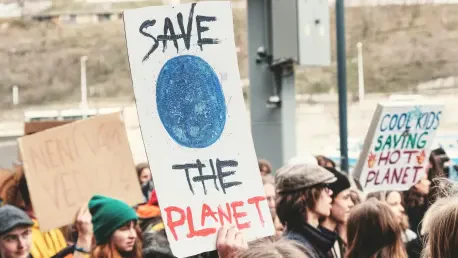As the world races against time to combat the escalating climate crisis, a troubling reality has emerged: many nations, including some of the largest polluters, have failed to submit their critical climate action plans ahead of the upcoming COP30 summit in Brazil this November. These plans, known as Nationally Determined Contributions (NDCs), are essential blueprints mandated by the Paris Agreement, detailing how countries intend to slash greenhouse gas emissions by 2035. Despite the deadline passing earlier this year, numerous governments and key blocs like the European Union remain behind schedule. This delay raises serious questions about global commitment and the ability to achieve ambitious climate targets. The United Nations has issued urgent calls for action, emphasizing that these documents are not just bureaucratic exercises but pivotal tools for economic growth and societal improvement. The stakes couldn’t be higher as the international community looks toward COP30 to assess collective progress in curbing the devastating impacts of climate change.
Unpacking the Barriers to Timely Climate Commitments
Delving into the reasons behind these delays reveals a complex web of political, logistical, and strategic challenges that are stalling progress on a global scale. Within the European Union, for instance, internal disagreements over a legally binding 2040 climate target have created significant roadblocks, with countries like France and Poland advocating for postponed decisions or escalated discussions to national leaders rather than resolving issues at the ministerial level. Such discord not only delays the EU’s submission of its NDC but also hampers the broader international evaluation of climate efforts. Meanwhile, UN climate chief Simon Stiell has underscored the urgency of submitting these plans promptly, ideally before the end of September, to ensure a comprehensive review ahead of the summit. He has also pointed to upcoming opportunities, such as the UN General Assembly in New York, for leaders to unveil new policies. The overarching concern remains that without transparent and timely commitments from major emitters, the global fight against climate change risks losing momentum at a critical juncture.









